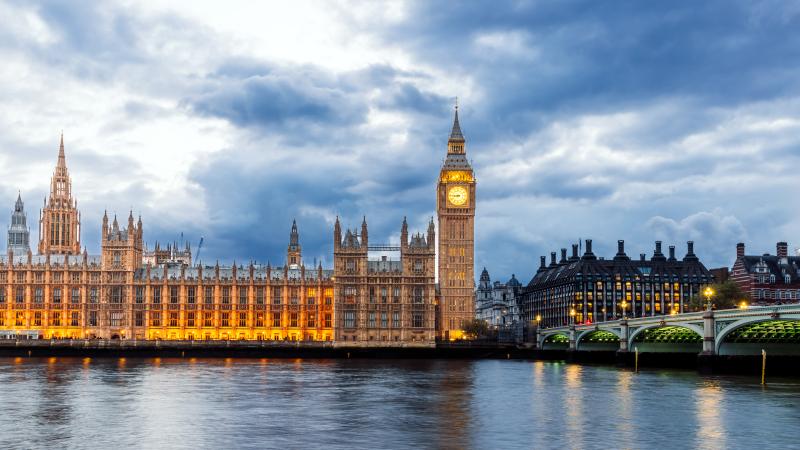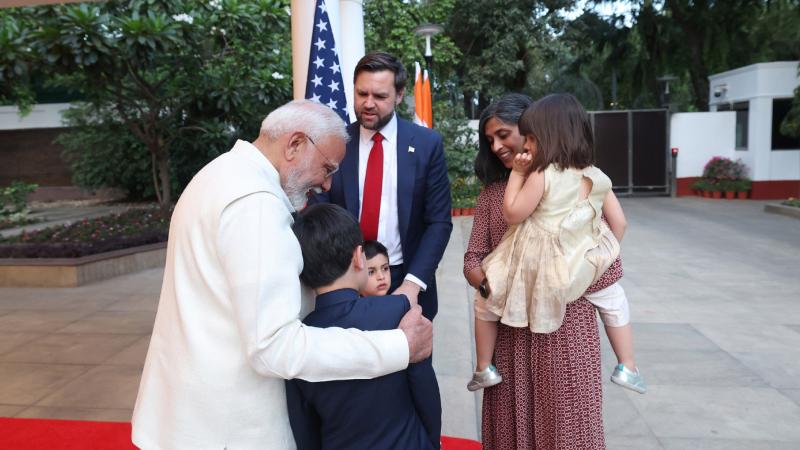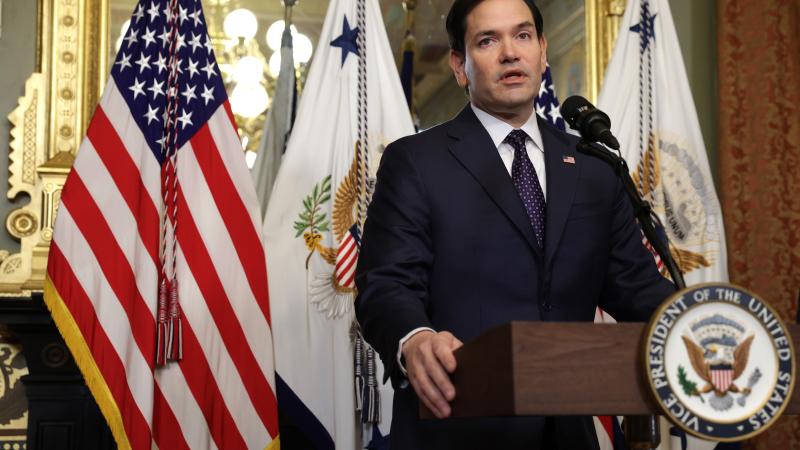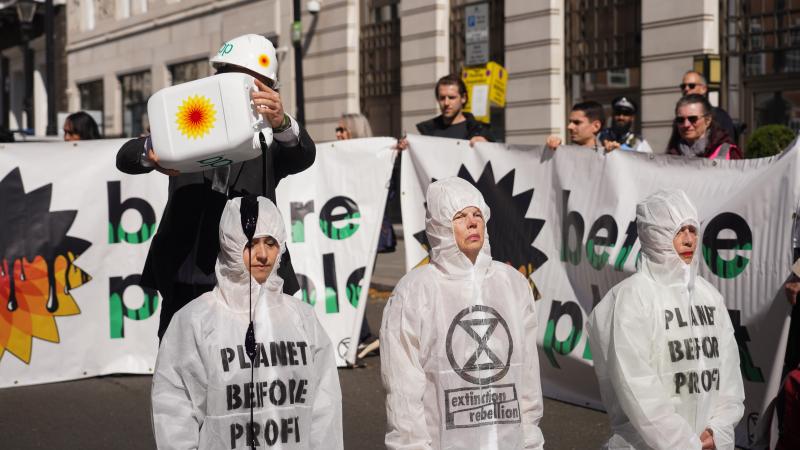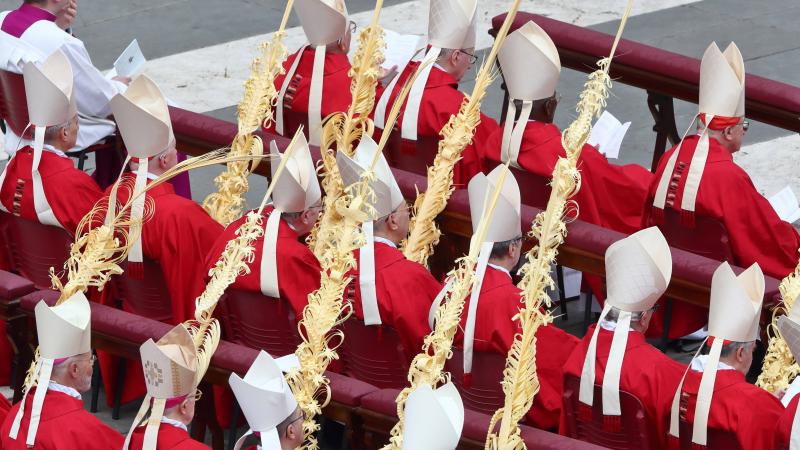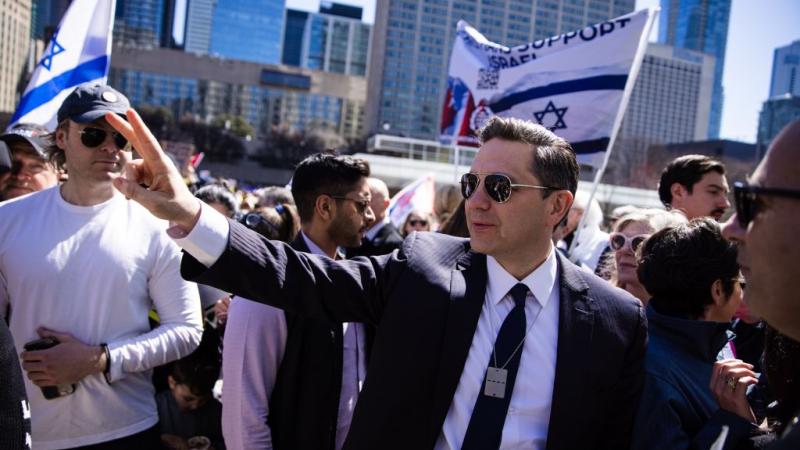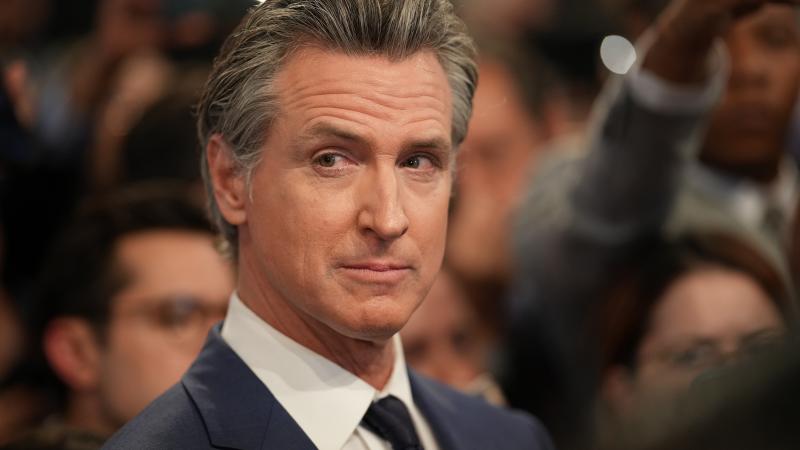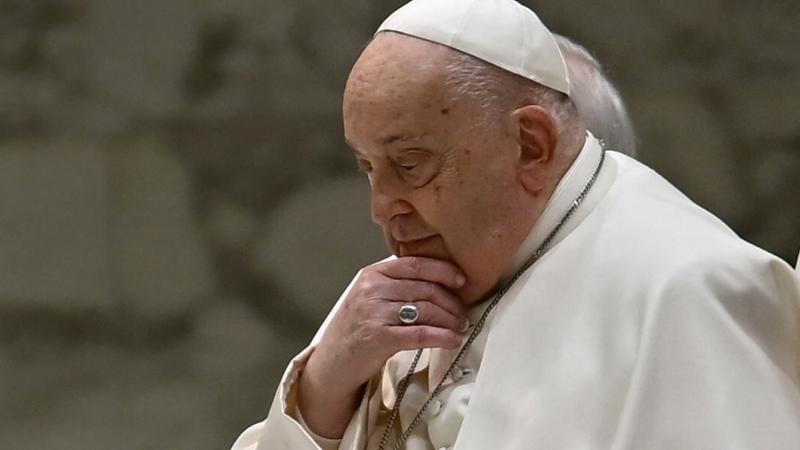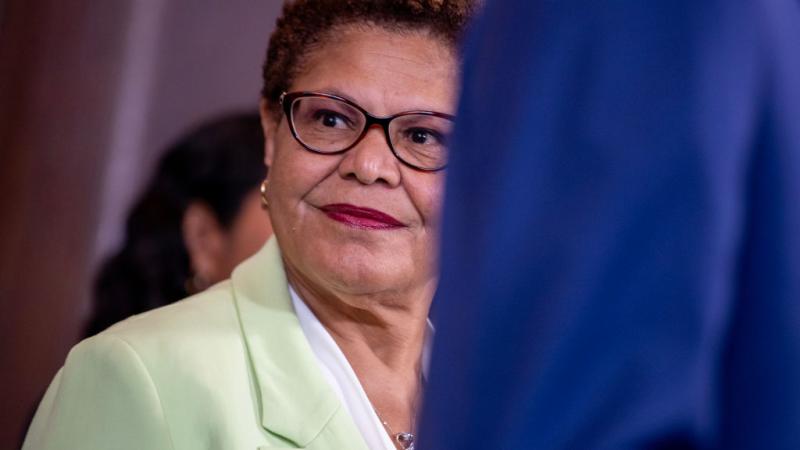Biden-Putin summit brought beginnings of thaw to frosty relationship
The much-anticipated meeting prompted the reexchange of ambassadors and an agreement to pursue nuclear arms control.
In the immediate aftermath of Wednesday's summit between Joe Biden and Vladimir Putin, both stumbles and positive takeaways have emerged as themes, as political observers unpack the outcome.
"Credit where credit's due," noted Catholic University history professor Michael Kimmage, who specializes in U.S.-Russia relations. "Biden and his team have concluded a summit with Russia that could have gone much worse — but could not realistically have gone better."
The much-anticipated summit, which came at the end of Biden's week-long visit with international leaders in Europe, occurred amid rising tensions between the U.S. and Russia. The tensions include disagreements over cyberattacks, human rights, the situation in Ukraine, and accusations over election meddling.
The summit began and ended under intense scrutiny, to include analyses from body language experts aiming to decode the two presidents' relationship, and separate press conferences wherein Biden and Putin each presented their views of the meeting.
While Biden and Putin both offered post-summit posture statements boosting their own positions, positive signs also emerged that the deep freeze between the two leaders has begun to thaw.
Putin himself announced that the countries will redeploy their respective diplomatic envoys, who were called home this spring in the wake of Biden saying on television that he believes Putin is "a killer."
Putin told reporters on Wednesday that he and Biden had "cleared things up" about the comment, adding: "I was satisfied with those explanations," paving the way for a return to diplomatic normalcy.
"With regard to the ambassadors returning to their stations — the U.S. ambassador to Moscow, and the Russian ambassador to Washington, we agreed on this matter, and they will be returning to their permanent duty stations," Putin said. "When exactly — tomorrow or the day after tomorrow — is a purely technical issue."
In another arena, the two presidents agreed that their countries would engage in talks related to nuclear arms control.
The Kremlin's spokesman, Dmitry Peskov, earlier had said that no documents would be signed at the summit. At the end of the meeting, though, both the White House and the Kremlin announced a joint statement on arms control.
"Today, we reaffirm the principle that a nuclear war cannot be won and must never be fought," the two leaders wrote.
Noting that "even in periods of tension," the U.S. and Russia could work toward "reducing the risk of armed conflicts and the threat of nuclear war," the presidents agreed to embark on a "deliberate and robust" dialogue aimed at arms control and risk reduction.
Following their meeting, both Biden and Putin said they had a "positive" and "constructive" talk.
The first concrete result will occur within weeks, when Anatoly Antonov returns as ambassador to Washington, according to Russia's deputy foreign minister, Sergey Ryabkov.
"Soon, soon! Anatoly Ivanovich has been all packed up and ready to go this entire time," Ryabkov told reporters, using the patronymic version of Antonov's name. "I think that before the end of the month, Anatoly Ivanovich will definitely return to Washington."
The State Department has not announced when John Sullivan will return as U.S. ambassador to Moscow.

